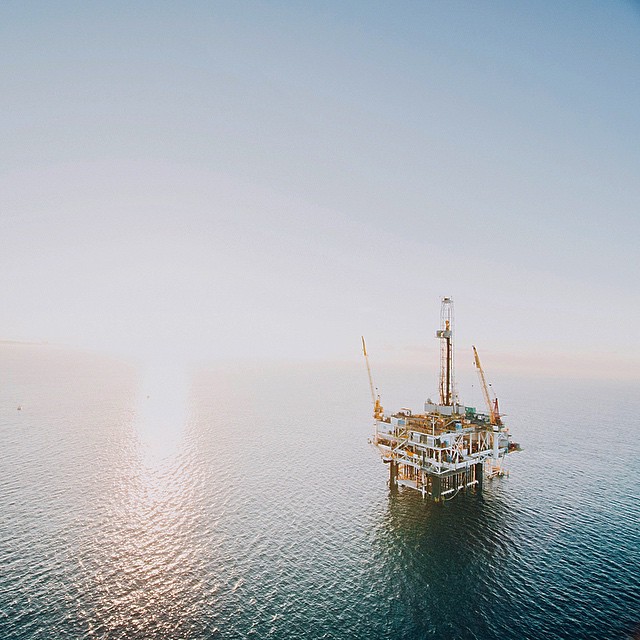
The end of oil
Today BP are holding their AGM in Aberdeen. Presumably they think they might be safer from protestors in the home of the UK oil and gas industry, but there will still be tricky questions from shareholders about climate change and the impacts of their activities around the world, including from our sister organisation Friends of the Earth Mozambique.
Last week we published a report on the climate change imperative to phase out oil and gas extraction through a just transition for workers and communities. The ‘Sea Change’ report, created with two other organisations, highlights the contradiction of saying that we are serious about climate change and yet aiming to get every last drop of oil and gas out of the North Sea.
It also looks at the huge potential for alternative jobs in renewable energy and energy efficiency, and the measures the UK and Scottish government need to take to make this transition real and fair, and make sure those jobs are created in Scotland.
How much oil and gas is the UK extracting?
In the UK 91% of our emissions come from burning oil and gas. The already committed extraction of nearly 6 billion barrels of oil and gas is enough to blow the UK’s climate budget under the 2015 Paris Agreement, yet industry expects to take out at least 20 billion barrels and both governments support pumping out every last drop. The report’s top recommendations are therefore common sense: stop looking for new oil and gas and cancel licences for fields where extraction has not begun.
The next recommendation is for the governments to work with industry, trade unions, workers and communities to plan a phase out of extraction and a transformation of the offshore industry. But when should we turn off the valves and plug up the wells?
Climate change means fossil fuels must stay in the ground
Three years ago a very important study was published in the science journal Nature by academics from University College London. There had already been discussion of the need to leave about 80% of known fossil fuels in the ground to avoid breaking disastrous climate change temperature limits but this new study looked in detail at the how much of the coal, gas and oil we know about has to stay where it is. They said 80% of coal, 50% of gas and 35% of oil must not be extracted.
Applying their calculations to our North Sea gives us a first estimate of how long the industry can be allowed to operate, how long we have to build up alternative industries and jobs and make the transition from high-carbon jobs to low-carbon jobs.
Those percentages are of economically recoverable assets, the oil and gas that we have a very good idea we can definitely extract, the so called 2P reserves. The industry and both governments talk about there being 20 billion barrels of oil and gas left in the North Sea fields, but the 2P reserves are much smaller than that, at about 6 billion barrels of oil and gas. There is a bit more oil than gas, but not far off 50:50.
If you apply the UCL study we should be able to take only 3.4 billion out if we are to play our fair part in the global picture. That is less that is already expected in currently active fields and, at current productions rates, gives between 10 and 15 years more extraction.
If we are serious about the Climate Emergency then these are the timescales we should be discussing. And that means we need to start negotiating a Just Transition right now.
Dr Richard Dixon is the Director of Friends of the Earth Scotland. A version of this article appeared in The Scotsman on Tuesday 21st May.
